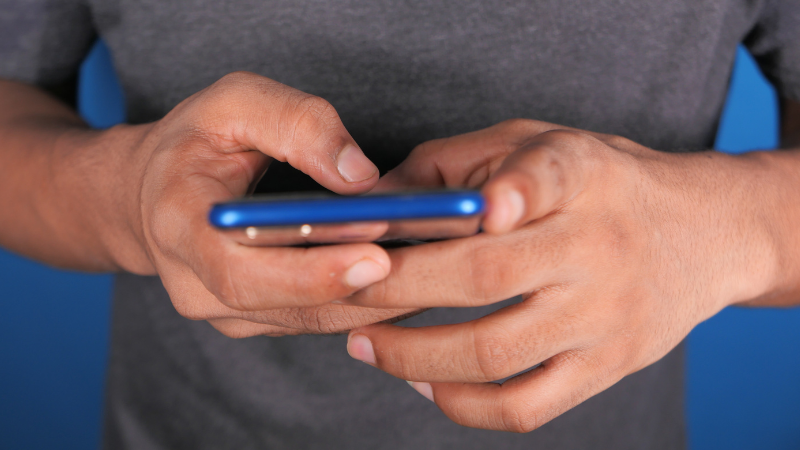Social Media and it’s impact on our health
Most of us have it. Some of us are obsessed with it. Most of us hate it. Social Media – is it harmful to our health?
A new report by Dr Peta Eckler (University of Strathclyde) and Julie Cameron (Mental Health Foundation Scotland) showed a link between the use of social media and poor body image.
In Spring 2019 a public event was held in Scotland – called the #HealthySocialMedia Event- where 50 people from 15 different organisations around Scotland (including teachers, students, mental health charities, the NHS, social media influencers and more) came together to discuss their own personal experiences of social media and body image were shared. Eckler noted that when describing their online image people described themselves as “fake”, “brutal” and “jealous” but then described themselves as more “authentic” when talking about their offline presence. Overall, negative descriptors were double the number of positive descriptors when talking about their online image.
While at the event, the group also thought of positive behaviours that can be used and new strategies to help grow a more positive body image.
Below are some of the ideas taken on by the group to help better the idea of body image while using social media:
Limit time spent online and on apps
Apps have been created to be addictive to their users, limiting our time on them can help end the cycle of feeling like the app is ‘needed’.
Educate yourself and others
Teaching parents and others with responsibility how young people use social media and the impact it can have on young people’s lives can help change how we use it and what can be changed.
Talk openly and honestly about what happens on social media
By removing the idea of the ‘perfect’ life on social media we are less likely to be critical of ourselves. By speaking openly about the attitudes on social media, fostering critical thinking behind the reasons for being on social media, we can then minimize the negative influences on body image.
Manage your online content for a positive experience
Choose what content you see on your feeds – block or delete any harmful or toxic accounts, follow accounts with positive body images, promoting kindness and wellbeing.
Be self-aware
Be aware of your reactions to others posts, are you helping add to a bad body image? Be aware of your content, could you become more positive?
Allow and encourage young people to lead the discussion for this issue
As the highest affected by this, young people need to be listened to and understood to help make the changes needed.
If you are worried about your mental health, body dysmorphia or anxieties around social media and need someone to talk to, The Eaves counsellors and psychologists work in a wide-range of areas. If you would like to get in contact, please call 01483 917000 and a member of the referrals team would be happy to find the appropriate therapist for you.
References:
https://www.mentalhealth.org.uk/publications/healthy-social-media
www.mentalhealth.org.uk/news/new-report-supports-link-between-social-media-and-poor-body-image-and-highlights-ways-build
www.healthysocialmedia.org

